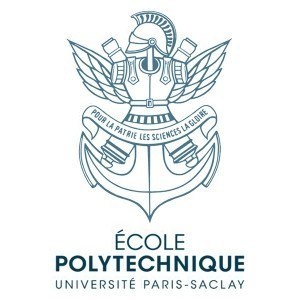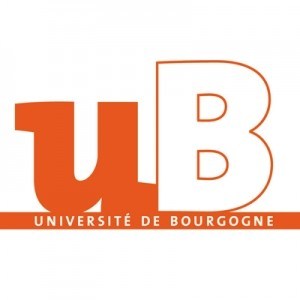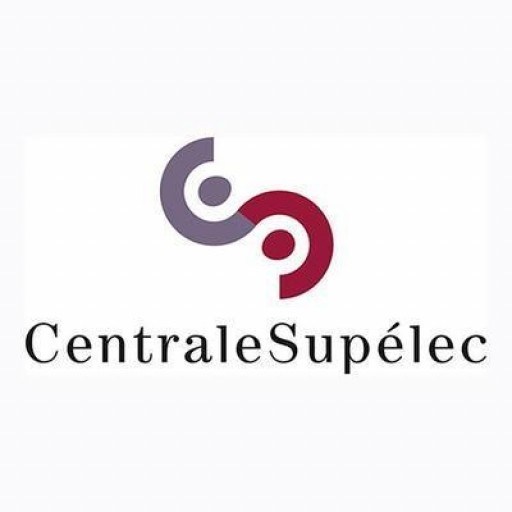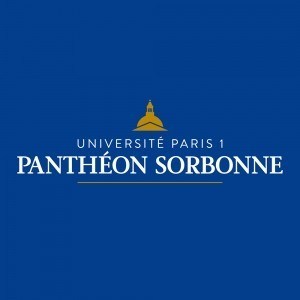Photos of university / #polytechniqueparis
Advertisement
The Master of Science in Nuclear Engineering is a joint degree granted by EPFL and ETH Zurich, which, in collaboration with the Paul Scherrer Institute (PSI), offers a comprehensive and high-quality curriculum in nuclear engineering.
The programme aims to:
* present the basic principles and challenges of controlled thermonuclear fusion and an overview of the complete nuclear energy conversion system and the entire fuel cycle from uranium mining to the back-end,
* provide a solid foundation in nuclear techniques in medicine, medical research and industry as well as in-depth knowledge of the fundamentals and technology of harnessing nuclear fission for energy supply, ·
* establish the background necessary to integrate nuclear energy into energy systems as a whole.
The strongly inter-disciplinary character of the MSNE means that the program is open to candidates with Bachelor degrees ranging from basic sciences to engineering, and ensures that graduates will qualify for an interesting, multidisciplinary profession with excellent job opportunities in industry, research and national authorities.
The programme offers courses in three areas: Energy Systems, Physics and Materials, and Thermal Hydraulics. Each student selects a professor to serve as his/her tutor. The tutor defines an individualized curriculum, which ensures high-quality specialized education matching the student's talents and expectations.
The first (autumn) semester is spent in Lausanne, the second (spring) semester in Zurich. The third semester is divided between block courses at the Paul Scherrer Institute (PSI) in Villigen and a 12-week industrial internship in Switzerland or abroad. The fourth and final semester is dedicated to the Master's thesis, which is carried out at PSI, at ETH Zurich or EPFL.
120 ECTS credits must be acquired to receive a Master's degree (including the 28 from the compulsory courses and the 30 from the Master's project). Tutors help define a curriculum for each student, structured and weighted as follows:
- Core courses (62 ECTS)
- Free elective course (10 ECTS)
- Course of management, i.e. course in management of technology or in humanities (minimum 2 ECTS, elective)
- Semester project (8 ECTS)
- Industrial internship (8 ECTS)
- Master's thesis (30 ECTS)
The Master's thesis will be pursued in one of the research laboratories of the Nuclear Energy and Safety (NES) department at PSI, the ETH-Domain's research institute which is the country's main player in nuclear (fission) energy related R&D. A senior NES scientist, under academic mentorship of the responsible professor, will be identified for direct supervision of the Master's research. Alternatively, Master's projects can be accomplished in the Laboratory of Nuclear Energy Systems at ETHZ, or in the Laboratory of Reactor Physics and Systems Behaviour at EPFL. The definition of the work plans for each Master's project, as also its accomplishment, will be monitored by the responsible professor.
Students can enrol either at EPFL or ETHZ.









